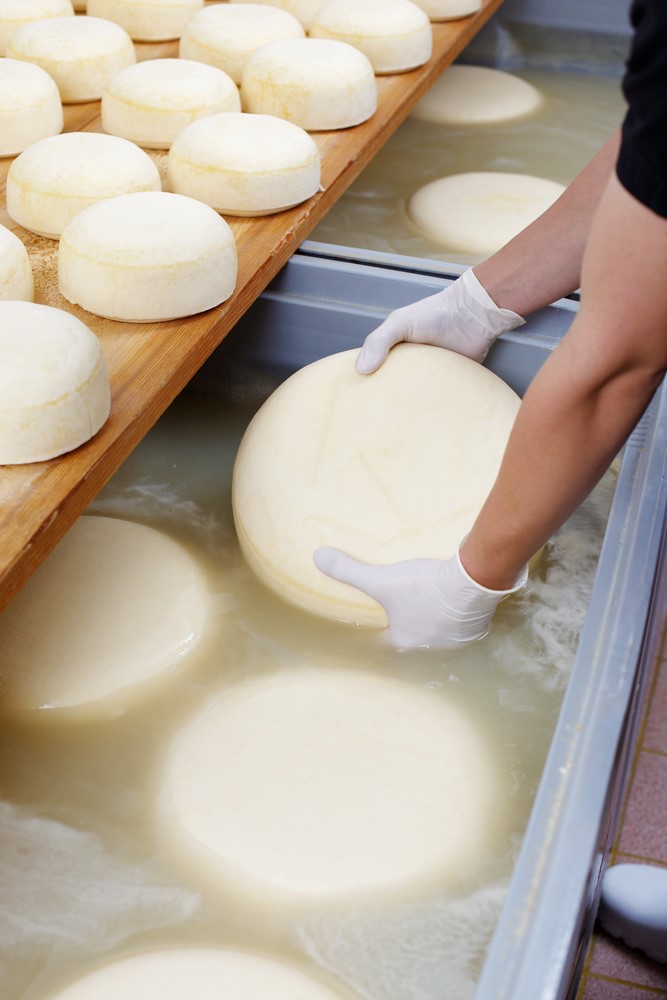
“Life isn’t about waiting for the storm to pass. It’s about learning how to dance in the rain.” – Vivian Greene
The food manufacturing industry is experiencing a whirlwind of changes and uncertainty. At a moment’s notice, they must adjust their processes consistent with the increasing havoc brought by COVID-19. Food manufacturing plants are analyzing potential threats to their production and putting forth plans to handle possible situations.
Supply Chains
There’s currently an upswing in sales for shelf-stable foods and beverages in the United States, which is providing manufacturers and retailers a boost in profits, for example:
• Nielsen reports that powdered milk products increased 84 percent by the last week in February.
• Staples such as bread, eggs, rice, beans, and frozen foods are disappearing from shelves as quickly as they are stocked.
• To meet current needs, company buyers are shifting their focus from the more traditional negotiations to in-demand products.
Infrastructure
Short-term demands are stable momentarily, but analysts and leaders are uncertain of how far, how long, and to what degree the outbreak will impact the industry. For example, Coca Cola Co., is experiencing delays as a result of China’s outbreak.
Contingency Plans
On a global basis, companies are establishing contingency plans while anticipating further supply chain disruptions. Companies are sourcing locally to combat product shortages and get ahead of future cross-regional transportation bans. Additionally, food manufacturers with overseas facilities are now working with local suppliers to thwart potential delays.
Ingredient Shortages
Consumer Brands Association stresses that essentials, such as over-the-counter meds, personal care products, disinfecting and cleaning products, and other non-perishable items may not be available unless the Federal Government steps in and helps consumer brands. The organization anticipates that most of the ingredients and chemicals purchased overseas will be limited to the U.S. Lack of these products, will hurt consumers who are trying to protect themselves from the virus.
Smart companies have taken steps to prepare for multiple scenarios that may require businesses to seek out local suppliers.
Labor
This virus is disrupting every area of American life, causing uncertainty of how it will impact the labor force. So far, companies have banned employee travel and instituted work-at-home programs.
Leaders are beginning to plan for disruptions to line labor in their plants. Across the board, there are no real answers to this problem, no “how-to’s,” or “what to do ifs…” Below are measures being taken to keep plants going:
• Minimizing contact between workers
• Limiting who is permitted to enter and leave the plant
• Offering extended sick pay
• Encouraging workers who feel ill to self-report
• Screening employee temps
• Offering financial support
Employers hope these measures will help keep their plants operational, but due to the uncertainty of the Coronavirus, no plans or strategies are written in stone. The most important factor, according to experts, is preparation and pre-planning. The virus will continue to spread and cause high magnitude damage, but proactive leaders can take part in their plant’s ability to provide food and keep workers safe.
Besides, during turbulent times, getting ahead of the competition should be the least important item on your to-do list. We can survive and thrive best by joining forces with competitors to brainstorm solutions.
The experts at Flex-Team Inc.will keep you up to date with the latest hiring trends and help you find team-oriented employees with the right skills, who will quickly adapt to workplace changes and are eager to share your company vision. If you’re a company that values employees, we have connections with motivated workers. Contact us today.
